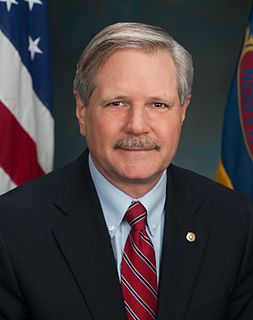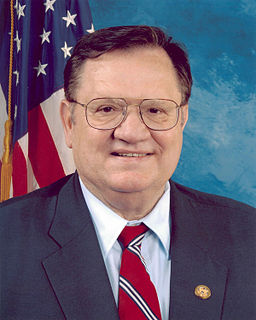A Quote by Jeff Goodell
The oil industry fought hard to keep Keystone alive, making wildly exaggerated claims that the pipeline - the country's largest infrastructure project - would create tens of thousands of jobs and decrease America's reliance on oil from the Middle East.
Related Quotes
The irony of environmental opposition to the Keystone XL project is that stopping the pipeline to the U.S. will not stop production in the oil sands of Canada. Instead of coming to the United States, the oil will still be produced and shipped by rail or a pipeline similar to the Keystone XL to Canada's Pacific Coast.
Historically, the argument is we stole the country from the Indians. America stole the labor of African Americans for over 200 years under slavery. America took half of Mexico by force in the Mexican War. American foreign policy, the progressives say it's based on theft. Why? Because look, America is very active in the Middle East. Why? The Middle East has oil. Notice that America doesn't get involved in Haiti or Rwanda because they don't have any oil.
Gas prices in many parts of the country are nearing $4 a gallon; it could get even worse as unrest spreads throughout the oil-exporting Middle East. Yet the Obama administration once again seems to see no crisis. It has curtailed new leases for offshore oil exploration for seven years and exempted thousands of acres in the West from new drilling. It will not reconsider opening up small areas of Alaska with known large oil reserves.
I think the public is very reluctant to get involved in more foreign wars, especially in the Middle East. And they understand, implicitly, that we go to war in the Middle East because of oil. And if we don't want to go to war in the Middle East, then we have to do something about the oil problem. And I think that view is gaining ground in the U.S.
We've also taken steps to begin construction of the keystone pipeline and the Dakota access pipelines, thousands and thousands of jobs, and put new buy American measures in place to require American steel for American pipelines. In other words, they build a pipeline in this country and we use the powers of government to make that pipeline happen, we want them to use American steel, and they're willing to do that, but nobody ever asked before I came along.
For centuries, native Eskimos cut blocks of oil-soaked tundra from natural seeps to use as fuel. In the 1920s, explorers arrived and began poking holes. In 1968, they discovered Prudhoe Bay State No. 1, the largest oil field in North America and one of the largest in the world, and a year later the adjacent Kuparuk field, the second-largest.
It [the pharmaceutical industry] is the most profitable industry in the world, and partially funds the US government. It surpasses oil in terms of profits and my country recently went to war due to oil pricing. What does that say they will do to keep this other industry in tact? It is up to patients and their families to question what they are being given, and to consumers to demand better, more natural alternatives.

































